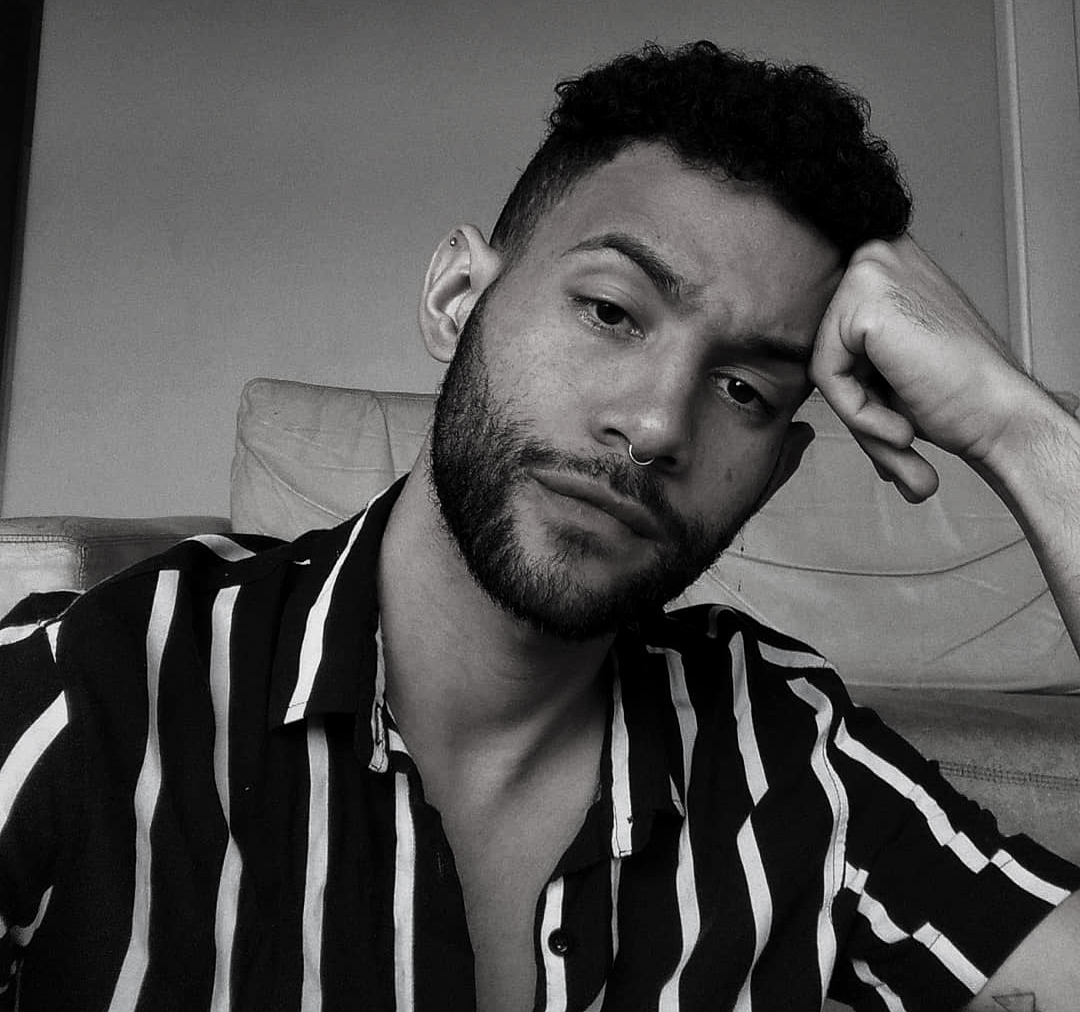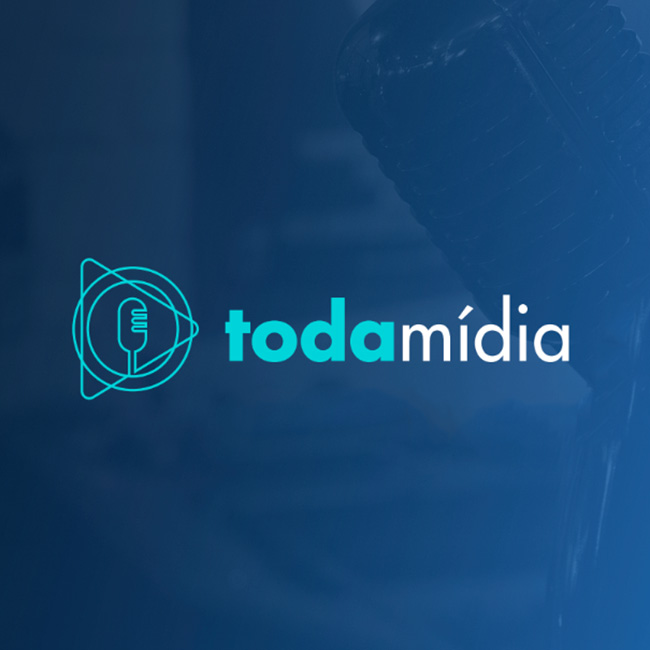We live in a society where anything can be priced and sold as a product or service and this would be no different with the musical universe.
Before you enjoy music in your car or enjoy a hit of the moment with your friends, music goes through a series of cuts and transformations until it reaches you as a final product to be consumed.
Is there a way to price a creative process?
Apparently, within the world of music it is possible, we are talking about the creative process and how these rights are distributed to the people who are involved in the production/conception and delivery of a song.
In the profit sharing process there is a percentage of the record company that distributes the music, producers who created the beat, composers (which could be just the artist or the group of people who worked on the music's conception) and they all receive a part of the profit from this. work.
And why is this so important?
Depending on the success and reach of a song, a simple product that would make a certain amount of money can make a lot more - and everyone wants their piece of the pie, right?
Through advertising as a communication vehicle, this can be subdivided into sub-products, film soundtracks, series, soap operas, commercials, among other products that can generate revenue and profit for everyone involved in the creative process.
How does it work in Brazil?
Our author/artist protection and remuneration system is one of the most effective in the world! The Central Collection and Distribution Office (ECAD) is responsible for managing this system and redistributes the portion to the people involved in the process.
But the process of sharing copyright does not always work as expected. I selected a case where we can see that the copyright battle is not always on the artist's side.
Taylor Swift
Singer/songwriter Taylor Swift had her catalog sold (her first six studio albums) without her consent, with the sale of the catalog she would still be entitled to a percentage of streaming reproductions but she would not own her masters (original recordings of your songs).
This case raised a big question within the music industry about the right of artists to have the highest percentage of their creations. Advocating on behalf of small artists since 2014, when she wrote an open letter to Apple Music criticizing the way royalties were distributed to small artists. Taylor entered into a process of re-recording her first six albums as a form of protest and vindication of her works.
In her speech at Billboard's Women in Music 2019, where she accepted the top award of the night as “Woman of the Decade”, she broadly discusses what it's like to be a woman in the music industry and how important it is to advocate for the rights of what you creates as an artist.
Inspiration x plagiarism
Within the artistic environment, many musicians, by having access to the same references, can end up with similar works where the fine line between inspiration and plagiarism becomes a little blurred.
Something that has happened a lot with singer Hayley Williams and her band Paramore, in the video below she talks a little about creative spaces. Olivia Rodrigo 's recent hit and her song “good 4 u” which is heavily influenced by her band's hit “Misery Business”.
Everything that is produced and sold there is a production chain behind it that prices, delivers and profits, a simple reproduction of a song generates passive income for another person who was in the production process.
I leave you with this video from Forbes about investing in the music scene, it is not a reality that we live in our country but it is interesting to evaluate how the music industry is a good source of profit and investment.











Please Post Your Comments & Reviews